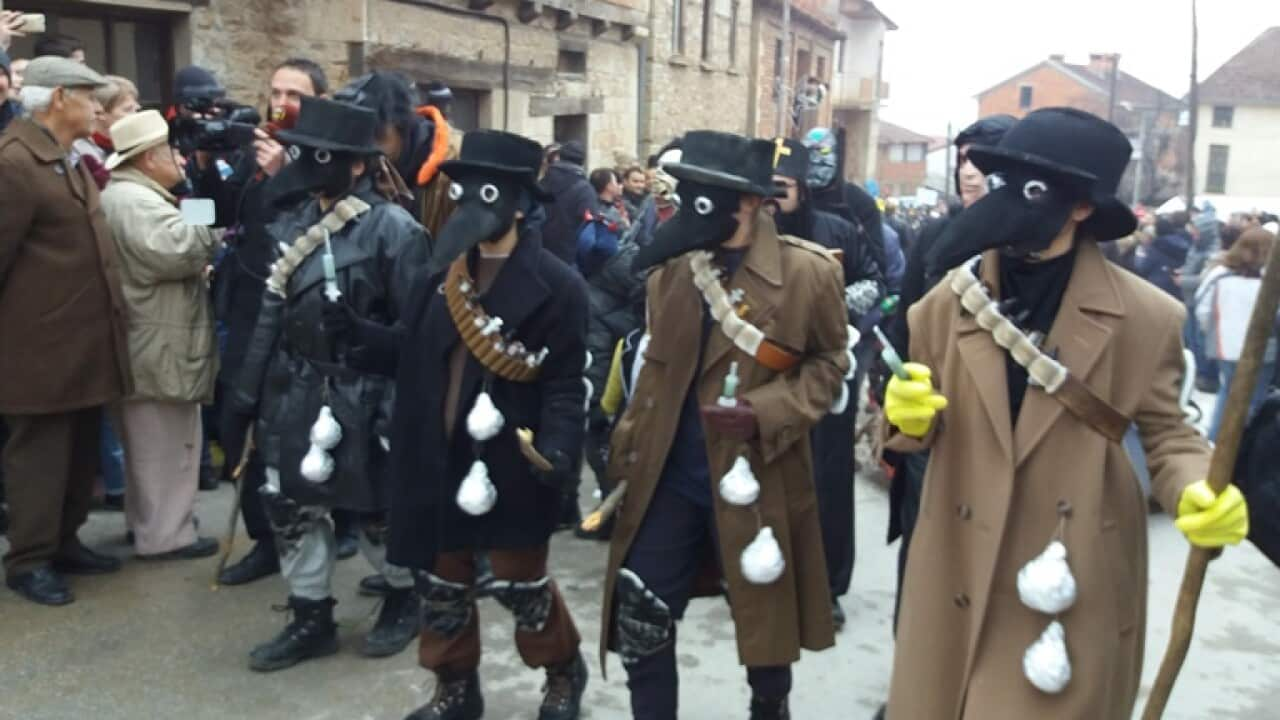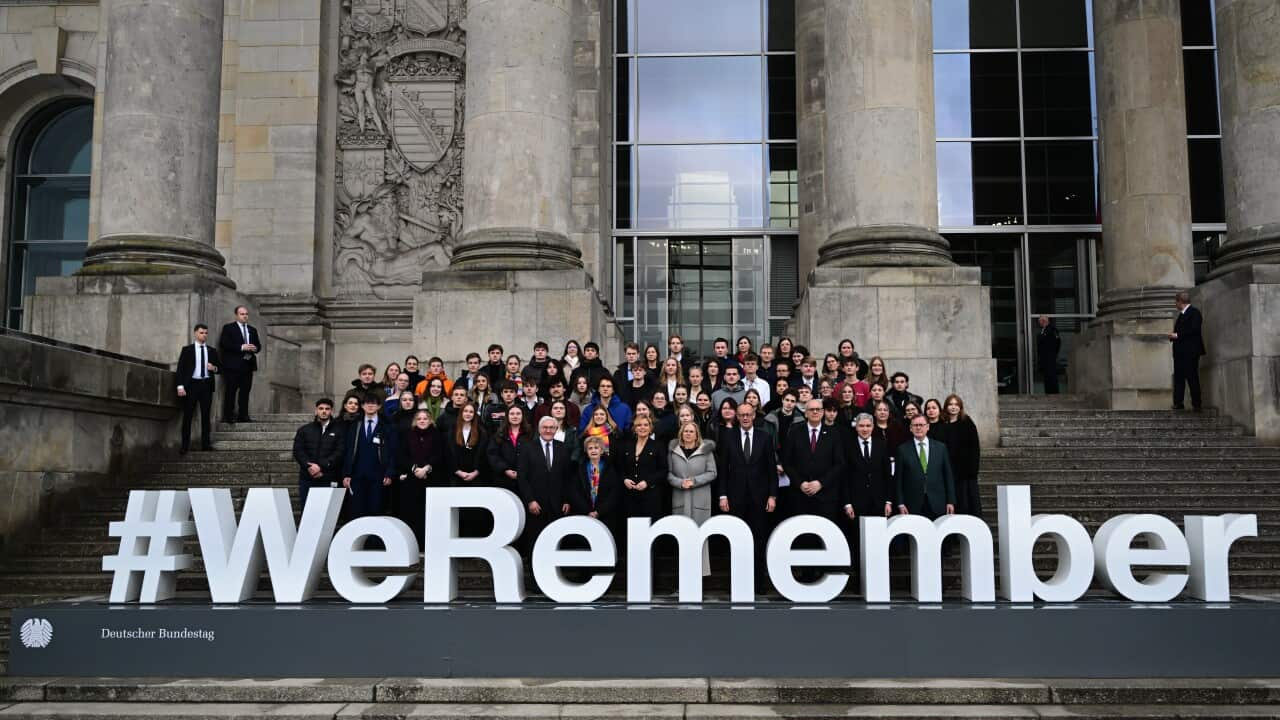s ancient and spiritual custom puts Macedonians on the world map of old ritualistic traditions, along with Shamanic ceremonies held in Siberia, rituals of peoples in South and Central America, Indian dancing ceremonies in USA and Canada, the Dragon ceremony in China and masking ceremonies in Africa.
Besides the Chinese, there are many other cultures who recognise the start of a new year on different dates.
One of those culturally different celebrations is the Orthodox New Year which takes place every year on the 14th day of January and is celebrated by Macedonians in an authentic way with a tradition known as Babari.
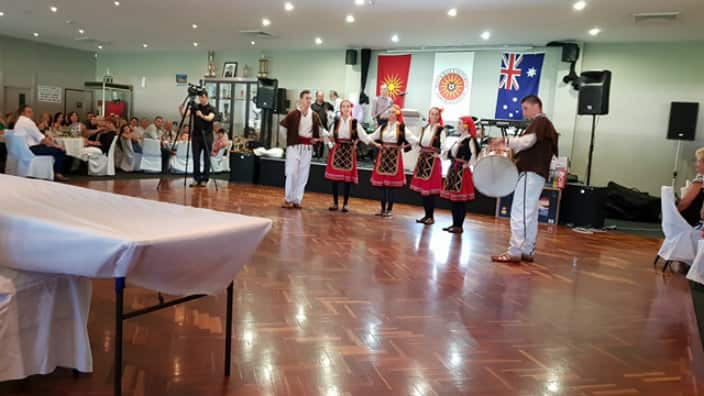
"On this day, people in many villages and some towns, particularly the villages of Capari and Vevchani in Macedonia, leave their work to rest and put their problems aside in order to capture the true feeling of self-fulfillment and peace of mind," says Georgi Shepentuleski.
Georgi is a Macedonian living in Sydney and a member of the 'Capari group' that originally brought this cultural tradition to Australia around 30 years ago.
"At dawn, as soon as they put their masks on their faces, they feel like spiritual beings in the true sense of the word," he says.
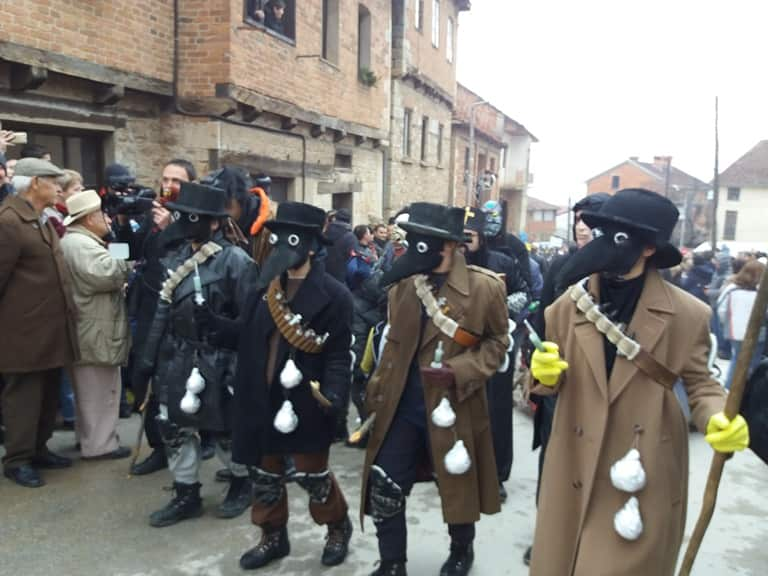
This old custom, related with celebration of the New Year according to the Julian calendar, is a kind of ritualistic performance that has to be conducted with the correct movements, gestures, words, and music every time.
Participants in this ritual perform it in the same way it has been performed countless times in the past.
The traditional ceremony of Babari is believed to have been handed from one generation to the next in its original form which was first enacted about four thousand years ago.
Georgi, who has been taking part in in this ritual every year for three decades, describes the whole experience as a highly meditative, creative and artistic act.
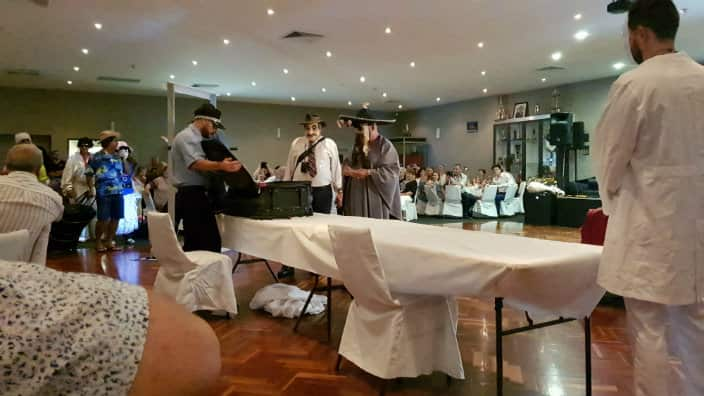
"Rituals are important to spirituality because the repetition of enacting each ritual provides a focal point from distraction, a level of comfort and familiarity, and an opportunity to demonstrate reverence for being in the moment, moment to moment," explains Georgi.
"It all serves the same purpose: to elevate one's physical and emotional consciousness in order to become attuned with the source of our creation, a sort of a spiritual ecstasy."
According to him, once the participants in the ritual put their masks on they are overwhelmed by feeling of being true humans, in the real sense of the word, without the problems and worries of everyday life, which drains a human being’s vital energy and distorts its true spirit.
When people are asked why they do this, they frequently say that this enables them to participate with their ancestors or predecessors.
Rituals such as this are being held all over the world, such as: Shamanic ceremonies in Siberia, South and Central America, Indian dancing ceremonies in USA and Canada, the Dragon ceremony in China, masking ceremonies in Africa, to name of few.
